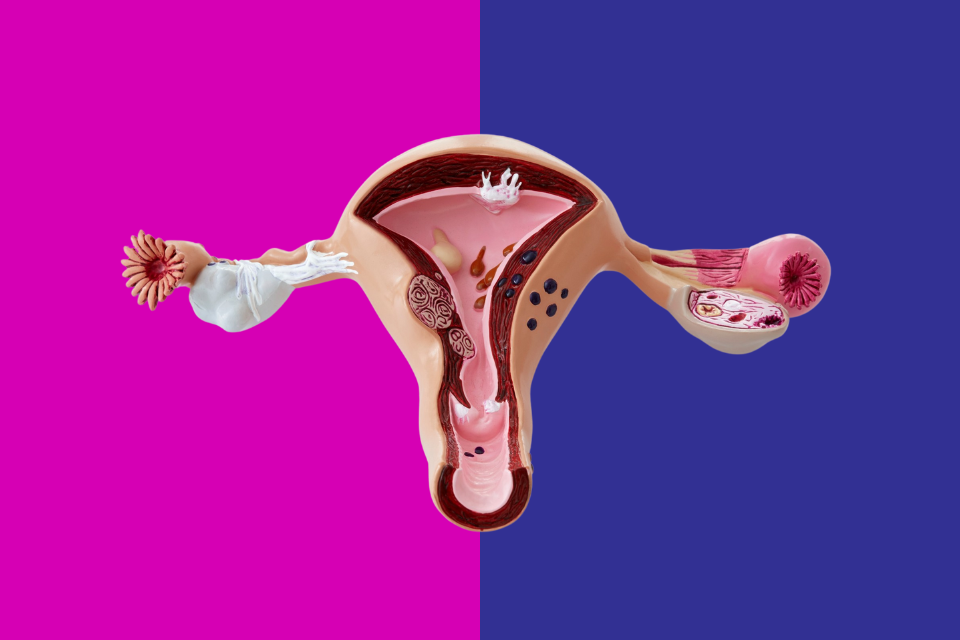In this article Dr Jenny Hall, Midwifery editor for the Maternity and midwifery forum, reflects on the overturn of the abortion law Roe vs Wade in the constitution of the United States (US) and the potential impact.
________________________________________________________________________________________________________________________________________________________________________
Overturn of Roe vs Wade: what happens now?
This week the news that the law Roe vs Wade has been overturned by the Supreme court in the US has sent shock waves around the world. This law established in 1973 that there was a constitutional right for women to have termination of pregnancy with an inclusion that individual states create their own laws around the practice according to viability of the fetus.
In May a leaked report from the Supreme court hinted this would occur and it had been hoped that the group of 9 mainly conservative lawmakers would not overturn the law. However, they have done so with a majority of 6 to 3 against when examining a case that challenged Mississippi’s ban on abortion after 15 weeks.
We have recently published two articles that have reflected on the potential issues that have been going on in the US over termination of pregnancy: Abortion laws and the United States: why it matters and My Uterus, from artist and midwife Laura Godfrey-Isaacs.
So, what now? There is much for us to reflect on as midwives with concerns of how this will impact the law in the UK. In the US the reproductive rights Guttmacher institute states that now 26 states are certain or likely to ban terminations. The law will impact the poor and marginalised mainly as they will not be able to travel but there are other implications that have been pointed to across the media:
- Increased purchasing of abortion drugs over the internet. It is reported Facebook and Instagram immediately pulled posts about abortion pills after the ruling was published.
- Increase risk for women with ectopic pregnancies, pre- eclampsia or other medical conditions where the care will be scrutinised. In the UK and many other countries, we would see this as a medical circumstance where the pregnancy could be ended early to save the life of the woman. Or if the baby has died in the womb, we would care for them as a stillbirth.
- Increased marginalising of indigenous women. Prior to the ruling they were already finding abortion services impossible to access.
- Impact on IVF treatment
- Women with cancer will no longer be able to terminate a pregnancy in order to have life-saving treatment.
- Increased sepsis and bleeding due to inaction. The devastating story of Savita Halappanavar in Ireland illustrates the potential.
- Some contraception methods may be banned.
- News is emerging that all drugs are being reviewed in the US to prevent provision of those that could cause an abortion. One already targeted is Methotrexate used to treat autoimmune conditions such as Rheumatoid arthritis and Lupus, some cancers and ectopic pregnancies. Having licenced the personal use of Mifepristone for abortion in December 2021 the availability has become restricted in some states.
- Increased risk of suicide and domestic abuse.
- Criminalising women and medical practitioners involved in care. The stories from El Salvador point to the impact.
- What happens if someone travel pregnant to US something happens? A current story from Malta, ironically about an American couple, points to this.
- Impact on company employment rights and policies. Will they provide support for employees who wish to travel to another state for termination?
It is yet to emerge the full impact of this overturning of Roe vs Wade, yet it should be of concern. The UNPFA State of the world’s population report 2022 highlights the global issues of unplanned pregnancies and WHO views abortion as part of healthcare practice, with guidance for providers. A statement has been issued from over 100 health care organisations across the world calling for governments to protect the human rights of women, prevent criminalisation and enable health care providers to carry out their role. Midwives need to be aware and raise voices on behalf of women globally to have autonomy over their reproductive choices.
Dr Jenny Hall,
Midwifery Editor
Maternity and Midwifery Forum/MATFLIX
June 2022


